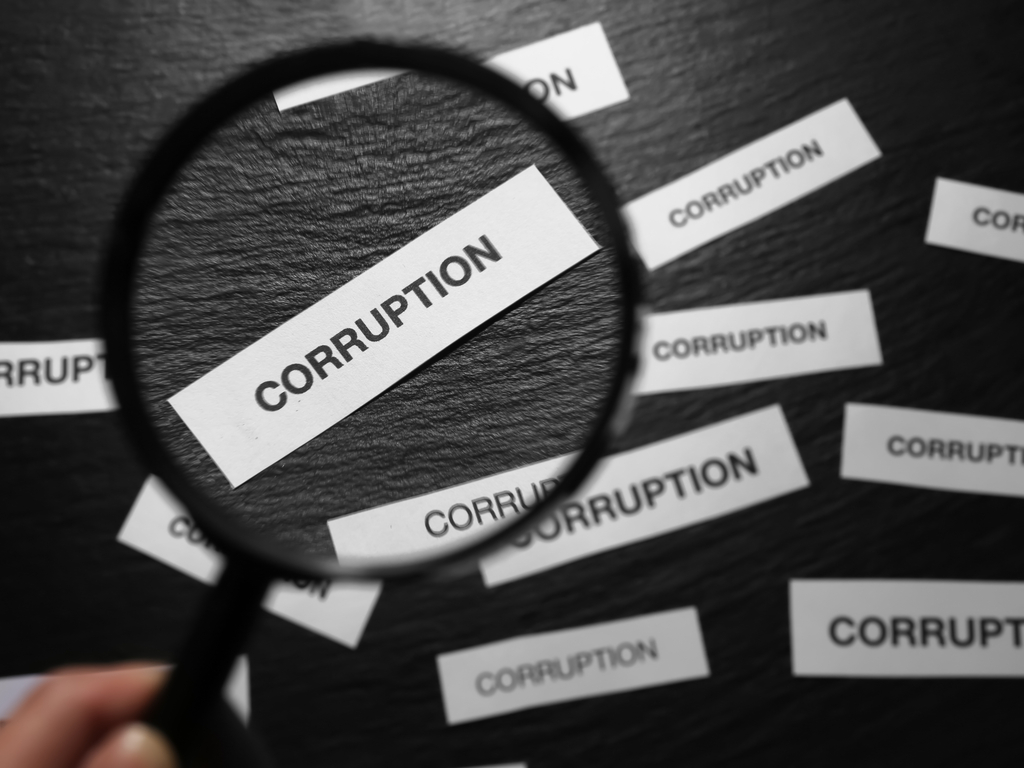Gubad Ibadoghlu, senior policy expert of Economic Research Center, Baku, Azerbaijan
Recently, the Council of Europe and the European Union have shared the proposals for future cooperation priorities in the six Eastern Partnership countries submitted through a specially-created ‘Suggestion Box’.
The ideas shared via the ‘Suggestion Box’ came from a wide range of participants, including public officials, members of parliament and of Non-Governmental Organisations, or individuals. The main areas include fighting economic crime – tackling corruption within the judiciary, reinforcing the capacity of anti-corruption bodies, and raising awareness of the anti-corruption policies and actions.
StrategEast has interviewed major experts from EaP countries. Here are the answers from an expert from Azerbaijan.
Do you think the EU can bring tangible results in fighting corruption in your country? What EU programs and actions can help to tackle corruption?
Corruption in Azerbaijan is widespread in local executive bodies and central administrative bodies. Corrupt people are old cadres and new cadres, so crime covers all age groups, including young and middle-aged. Corruption is systemic, it is widespread, and systemic and comprehensive reforms are needed to prevent it. These reforms must start from the top and continue with the declaration of income and property and the increase of public participation. Therefore EU programs and actions in fighting corruption in the judiciary and court system should increase transparency and accountability for opening government, enhancing declaration of income and property of judges and prosecutors.
Even if corruption is revealed and the number of arrests increases, economic crime is still going on, and such means of struggle cannot stop them. The EU should request the rise of public participation, reinforce anti-corruption bodies’ capacity, and raise awareness of the anti-corruption policies and actions.
Such officials who do not declare their income and property, and government agencies that do not take advantage of formal institutions of public participation and accountability will always be corrupt. There is no effective practice to prevent it with arrests. President who wants to fight against corruption must first declare his income and property. However, this information is not disclosed not only regularly but also from election to election.
In this regard, I would like to suggest some proposals for increasing public participation.
First, according to Article 5.4 of the Regulations on the State Oil Fund of the Republic of Azerbaijan (SOFAZ)[1] approved by Decree No. 434 dated December 29, 2000, to ensure general control over the activities of the Fund, a Supervisory Board consisting of representatives of relevant government agencies and public organizations, as well as other persons is formed. For 20 years, the Regulations’ relevant article on SOFAZ has not been amended or complied with. So far, representatives of public organizations have not been represented on the Fund’s Supervisory Board. Even according to the Order of Ilham Aliyev dated December 9, 2019, the Supervisory Board of SOFAZ[2] includes the Prime Minister, Presidential Aides for Economic Affairs, Minister of Finance, Minister of Economy, Chairman of the Central Bank, and Deputy Speaker of the Milli Majlis.
Second, even though the Law of the Republic of Azerbaijan on Public Participation[3] came into force on January 1, 2014, no Public Councils are operating in the justice and court bodies, as well as the Ministry of Economy, the Ministry of Finance, or the State Oil Fund.
In conclusion, I would like to note that the loyalty of pro-government NGOs represented in Public Councils already weakens the opportunities to take public opinions and positions into account in government bodies’ decisions.
[1] https://oilfund.az/storage/images/8mm3o1rrnt.pdf




